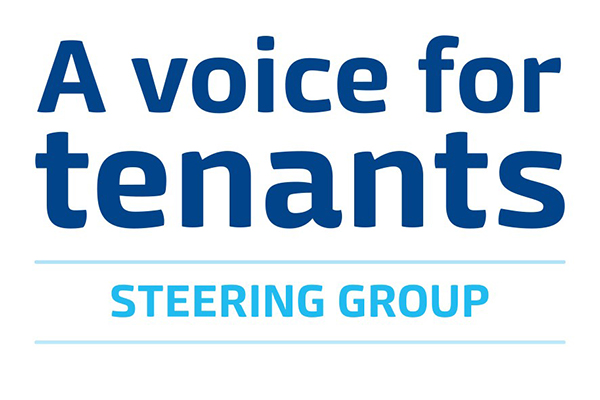You are viewing 1 of your 1 free articles

A national body for tenants must be established
New research from the A Voice for Tenants (AV4T) steering group shows tenants expect change and overwhelmingly favour a national body, writes Nic Bliss
The Social Housing Green Paper was always meant to be about tenants. It was the government’s response to the cry for help, that had gone unheard, from Grenfell tenants.
The government correctly identified the problems: “many people living in England’s four million social homes feel ignored, too often treated with a lack of respect by landlords who appear remote, unaccountable and uninterested in meeting their needs”.
“The green paper just might be the catalyst for radical change where the voices of tenants start to be heard.”
It boldly aimed to both empower tenants “by giving them greater control over their lives and homes” and to “rebalance the relationship between residents and landlords”.
The answers the government came up with probably fall short of what is needed to achieve these aims, misses the point.
The green paper just might be the catalyst for radical change where the voices of tenants – of whom this was all meant to be about – start to be heard.
The AV4T steering group was set up with one aim – to campaign that there should be a national body mobilising the voices of tenants.
We worked with the government on the ministerial tenant events that led to the green paper and we continue to work with government now. The simple message we brought was that the voices of tenants need to be heard.
So in making our response to the green paper, we surveyed tenants – particularly about whether there should be a national voice for tenants. A total of 832 people responded – most of them social housing tenants.
It is not a large number in the context of four million tenancies and nor were the 8,000 responses the government got in their consultation.
It shows us how much work needs to be done to engage with tenants. But given that we had no resources, it’s a reasonable start.
The significant number is that a staggering 776 respondents (93%) said that there needs to be a national voice for tenants.
Only 29 said that there shouldn’t be. Similarly, 720 respondents (87%) said that their voice is not currently heard in government policy discussions.
“A staggering 93% of respondents said that there needs to be a national voice for tenants.”
If that wasn’t enough, many respondents commented along the lines of “my landlord doesn’t listen to me”.
There is huge expectation among tenants that government and the sector needs to deliver major change – particularly regarding tenant voice.
With such compelling evidence, AV4T has told the government that a national body for tenants must be established.
Tenants expressed many views to us about how. We have said the only way to set a national voice up is through government resourcing an extensive tenant-led consultation with tenants.
This itself would be part of developing many ways for the voices of tenants to be heard in government and sectoral debates.
We have called for a national body to be a catalyst to develop local tenant voices.
We reflected that too many landlords are not in compliance with the Involvement and Empowerment Standard and that there needs to be assessments of the standard in all registered providers.
“We have a long, cultural journey to travel on if we are really to rebalance the relationship between tenants and landlords.”
All the available research suggests that successful involvement of tenants leads to better business decisions and so landlord governance needs to be assessed in the light of how well tenants are involved in making decisions.
We have a long, cultural journey to travel on if we are really to rebalance the relationship between tenants and landlords.
The end of the journey is a genuine partnership of trust between tenants and landlords, but in far too many landlords that journey has not even started. Tenants hope that the green paper fires the starting gun.
Nic Bliss, secretary, A Voice for Tenants and head of policy, Confederation of Co-operative Housing
What is A Voice for Tenants?
A Voice for Tenants (AV4T) was set up following the Grenfell Tower fire in June 2017.
It is a steering group seeking to establish a national tenant body in England.
AV4T has 21 members, of which 15 are tenants, although it seeks to reflect the breadth of tenant opinion, it stresses it “does not purport to be a formally democratic or representative tenant body”
It has also has representation from TAROE Trust, the Confederation of Co-operative Housing, the National Federation of Tenant Management Organisations, Tpas, The Association of Retained Council Housing Tenants’ Group, the National Federation of ALMOs and the National Communities Resource Centre











